Owning a House in Korea: What K-dramas Don’t Show Us
- byT.Sapphire 💙
- 4 months ago
- 0 Comments
- 4mins
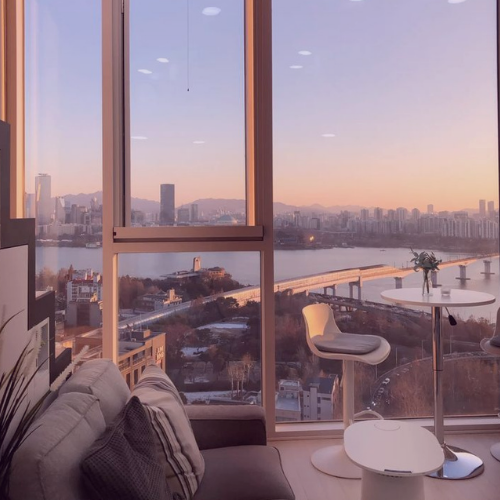
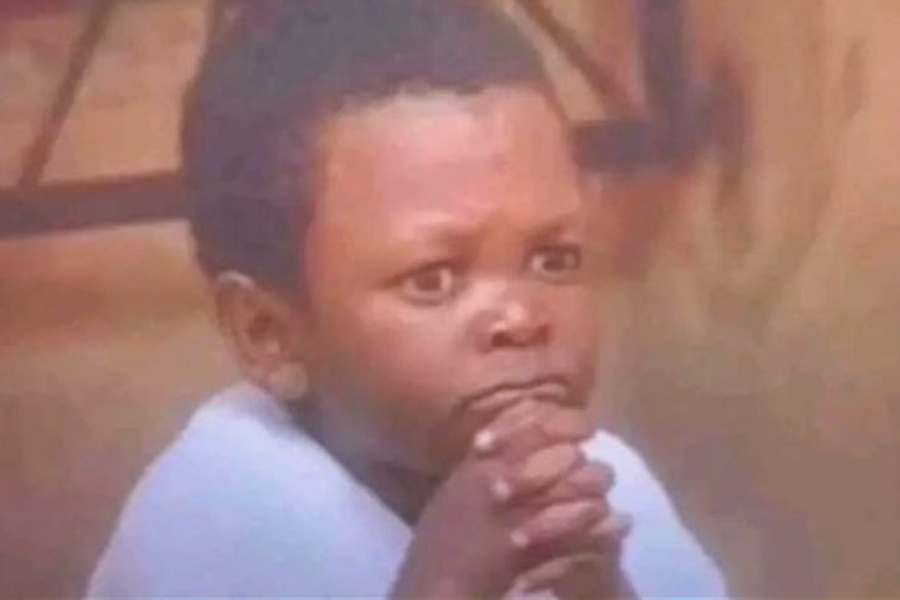
Have you ever thought about how people in Korea actually find places to live? I mean, K-dramas tell us little next to nothing about finding places to live in Korea and even when they do, they love highlighting the extremes where one chaebol is living in a penthouse or the lead folding laundry in a rooftop room that is hardly big enough for a bed.
But beyond the lens of the camera, what does owning houses in Korea look like? How do ordinary Koreans find a place to live? Can Koreans even buy homes in the same way that you can buy them in Nigeria or the US?
Let’s talk about it.
How houses are owned

Let me start by telling you that home-ownership is a statutory option in Korea. Apartments, villas, and single-family homes can be privately owned. Home-ownership, and property ownership, is legally recognized, and homes are bought and sold every day. However, Korea is incredibly urbanized, so in the vast majority of cases, people buy high-rise apartments, not single-family homes with yards as in America, or even the self-built homes that are common in Nigeria.
Mortgages
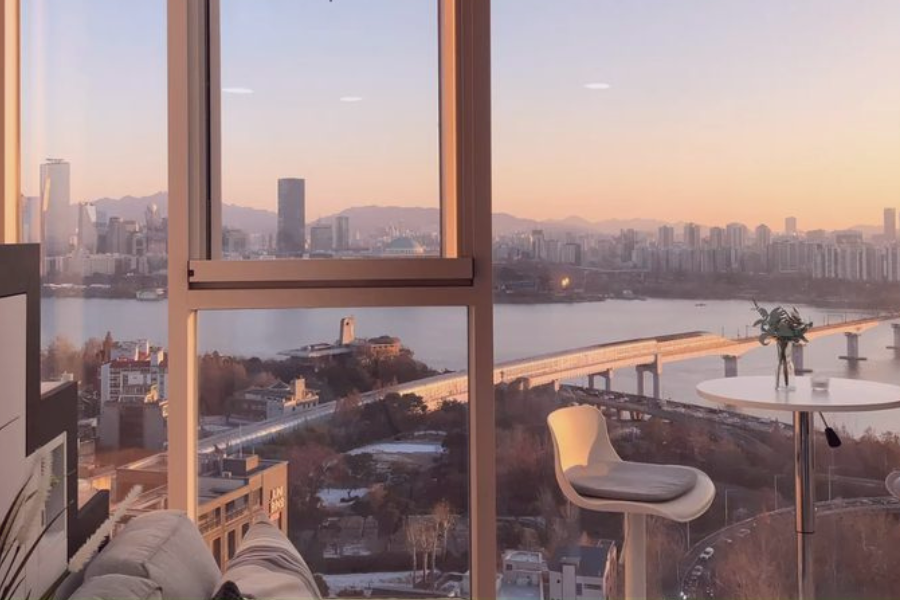
In Nigeria, you can buy a piece of land, do some minor paperwork, slowly build your home block by block, and thereafter, simply occupy the house for as long as it functions as a house. Koreans do not typically have that kind of luxury especially in cities like Seoul although it can be different in the outskirt. Within Korea, most people's first step into property is through some kind of mortgage, and these are not provided without considerable checks. First, banks vet your income, debt history, and repayment ability before they lend you anything. There are even government and legal restrictions to limit how much someone can borrow. Even if you are earning decently, you cannot just walk into a bank and ask for a mortgage for a quarter of a million.
Also, unlike Nigeria and other countries, Korean housing is mostly large-scale apartment complexes funded and managed by construction companies and real estate development corporations. You are not buying some land to build a house on, you are buying an "ownership" component into this existing "structure" and a mortgage is the most common ticket in.
The Jeonse system
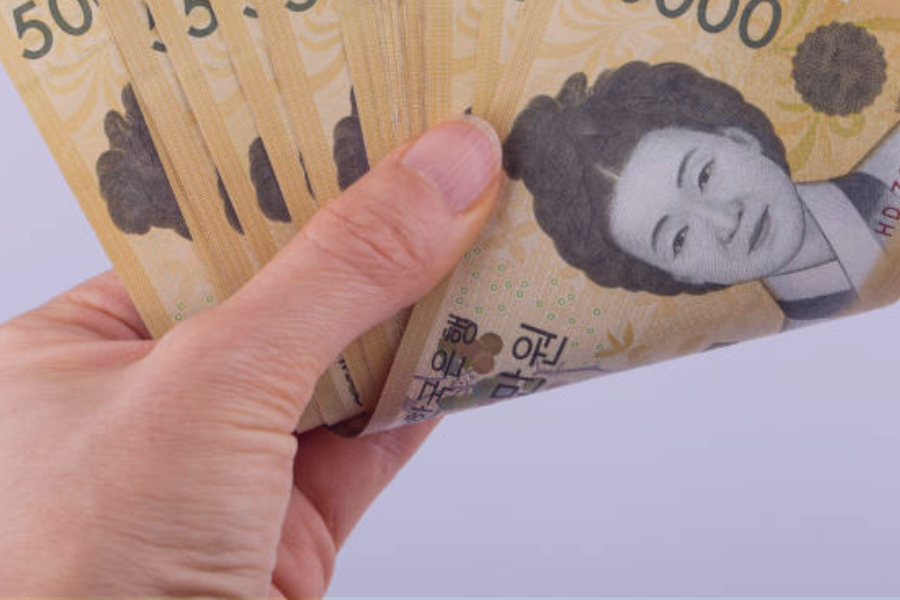
Of course Korea's rental system is different, different, which is the Jeonse rental system. Instead of monthly rent, tenants will pay the landlord a massive one-time deposit in exchange for being able to live in the house for at least two years without paying rent and then get the deposit back (hopefully) when they move out. This sounds crazy, but it has been a big part of Korean housing for decades. Many young people begin the rental process with jeonse before moving on to a direct buy.
Although, Jeonse is declining somewhat in popularity in recent years, with more people using monthly rent (wolse) because high deposit makes jeonse difficult for many
Why it’s Special
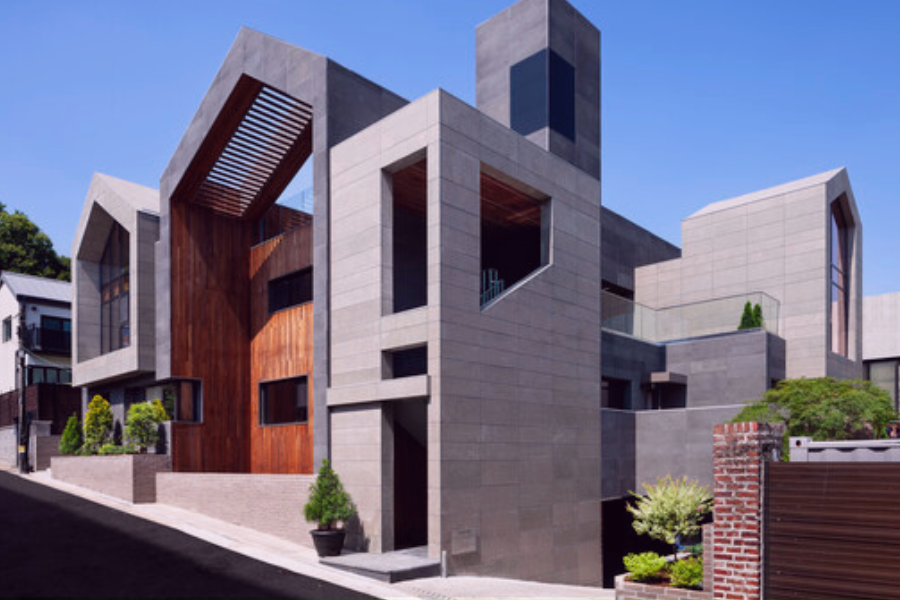
It’s really expensive. I mean one of the most expensive markets in the world. Just to buy a normal apartment in central Seoul can run in the hundreds of thousands to millions of dollars. This is what you witness when K-Drama-Drama people are groaning about rent and the anxiety is real.
It’s Symbol
Let me tell you, owning a home in Korea is more than just a financial necessity; it's a sign of stability, a way to gain respectability, and even a way to prepare for marriage. Family members also assist their children in securing housing, since it’s virtually impossible to buy or rent on one's own. In Nigeria, Nigeria, you may boast of acquiring land in your twenties, but living in Seoul, acquiring a small apartment may take several years of savings and family backing and that is a big difference.
Now you know Koreans can own a house or apartment, but owning is always tied to mortgages, lending restrictions, and higher land prices.
However, if we compare it to Lagos, Nigeria, there is little to no difference, right?
T.Sapphire 💙
T. sapphire is a writer who found her love for the Hallyu wave after watching the historical drama “Jumong.” She is mainly interested in Korean dramas and the history of Korea at large. Explore her pieces as she takes you on a journey through K-Drama recommendations and keeps you informed about the history of the Korean people.
0 Comment(s)
Related Posts
Daily Newsletter
Get all the top stories from Blogs to keep track.
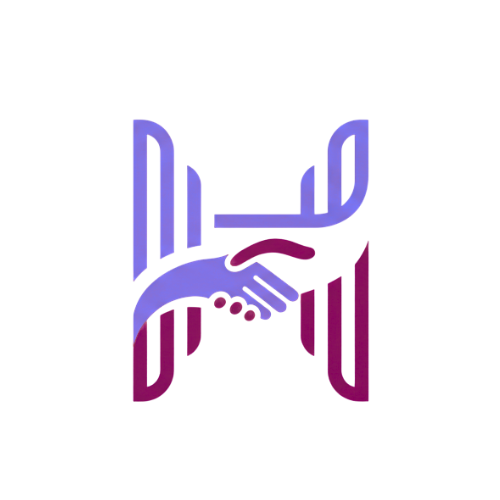
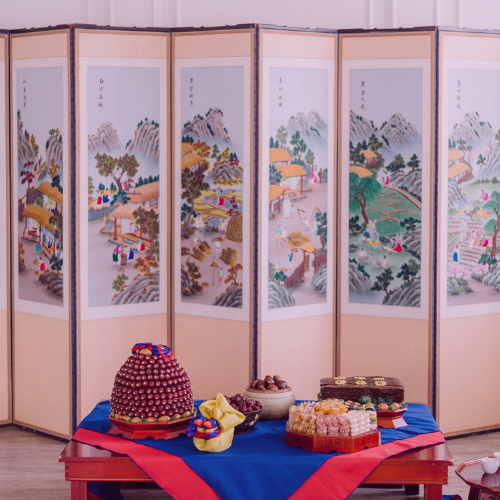



Leave a comment